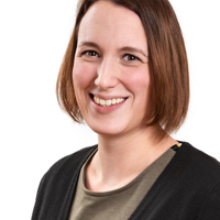Expertise
Functions
126 specialists found
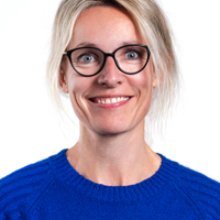
drs. Sandra van Abeelen
Clinical neuropsychologist, Medisch hoofddrs. Stephanie Aelfers
General practitioner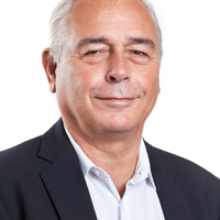
prof. dr. Bert Aldenkamp
Behavioral scientist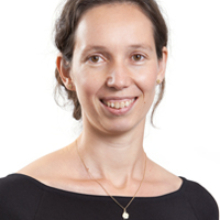
drs. Saskia Alemans
Mental health psychologist, Remedial educationalist, Gedragsdeskundige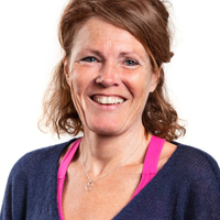
Saskia Aussems
Practical pedagogical home counsellor
Milly Bakens
Verpleegkundige Slaapgeneeskunde
Nina Bergkamp
Nursing specialistJanneke Beuk
Nursing specialist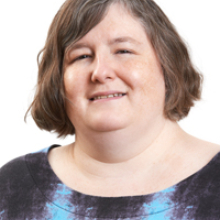
drs. Alice Bol
Behavioral scientist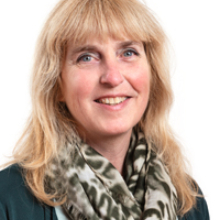
Sylvia van den Boorn
Physical therapist
Jessy van Boxtel
DieticianAnnemiek Braam
Pneumonologist, Somnologist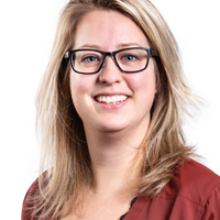
Naomi van den Broek
Doctor for the mentally handicapped, Doctoral candidate, Somnologist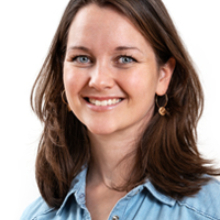
Kim Brok
Speech therapist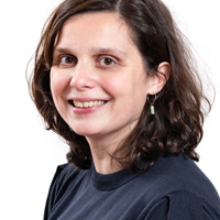
dr. Gwendolyn de Bruyn
Pediatrician, Pediatric neurologist, NeurologistAmy van Buytene
Psychologisch assistent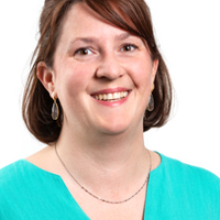
Laura de Ceuster
Neurologist
Karlijn de Cloe
Physical therapist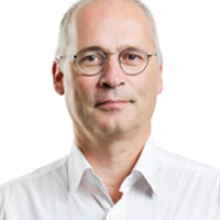
dr. Albert Colon
Neurologist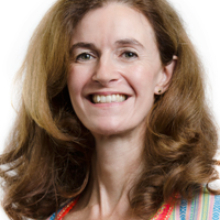
Joke Creemers MANP
Nursing specialist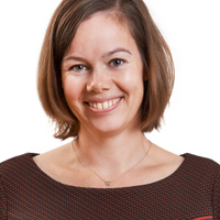
Mieke Daamen MANP
Nursing specialist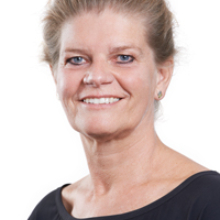
dr. Mariette Debeij-van Hall
NeurologistJolanda Derks
Verpleegkundige Slaapgeneeskunde